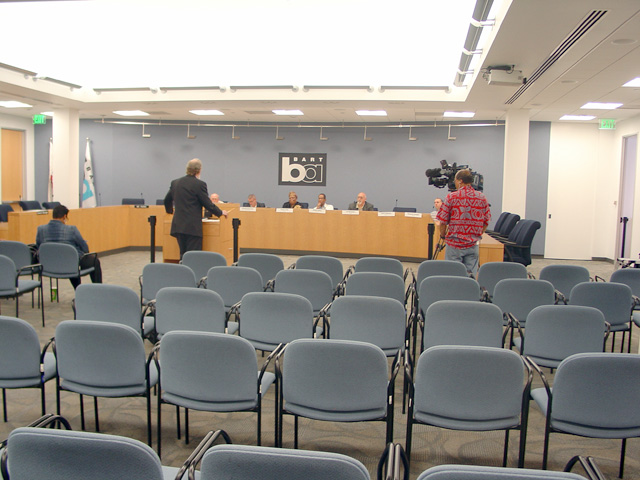If you’re going to be flying through Logan Airport in Boston, you might want to have a copy of the Paperwork Reduction Act handy when you go through the TSA checkpoint.
The TSA has celebrated the 10th anniversary of the September 11, 2001, hijackings — two of them of flights that originated at Logan — by rolling out a new program of Israeli-style interrogations of air travelers passing through TSA checkpoints at Logan.
Rafi Ron, a former director of security at Ben-Gurion Airport in Tel Aviv, relocated to the U.S. and hung out his shingle (“New Age Security Systems”) as an airport security consultant just before September 11, 2001. His first post-9/11 U.S. client was MASSPORT, which operates Logan. Ever since, as Ron’s client list has expanded to the Massachusetts State Police (the notorious racists who patrol Logan) and then the TSA, Logan has remained the cutting edge of U.S. testbed for Ron’s Israeli-style gospel of human profiling, from the TSA’s SPOT “behavior detection” program to the new TSA “chat-downs“.
We’re pleased that Rep. Bennie Thompson (D-MS), the ranking minority member of the House Committee on Homeland Security, has publicly questioned the TSA about the Logan pilot program.
But whether or not it’s a good idea (it’s not), the immediate problem for the TSA is that it’s illegal.
Previous case law on airport checkpoints has authorized administrative searches, but never compelled responses to administrative interrogations. Responses to police questioning in such circumstances have been presumed by courts to be voluntary.
If the TSA’s Constitutional case for such interrogation is untested, their lack of statutory authority is clear. The Paperwork Reduction Act, — a Reagan-era Republican anti-bureaucracy law — requires that any Federal “information collection” be justified in advance to, and approved in advance by, the Office of Management and Budget. An “information collection” is defined as any solicitation — even verbally — of answers to identical questions from ten or more people by a Federal agency, which clearly covers what the TSA “Assessors” (interrogators) are doing in Boston.
OMB approval is evidence by an OMB control number provided on the form or to those being questioned. in the absence of an OMB control number, (a) the collection of information is illegal, (b) nobody can be required to answer the questions or provide the requested information, and (c) no sanctions can be imposed for failure to respond or provide information.
The TSA has never gone through the process of seeking OMB approval, or obtained an OMB control number, for its ID verification form or any of its other information collections from travelers.
So if the TSA’s goons at logan (or anywhere else) ask you, “Who are you?”, “Where are you going?”, “What’s the purpose of your trip?”, or any of their other standard questions, ask them what the OMB control number is for their collection of that information.
If they can’t or won’t provide you with a valid OMB control number (you can look up and verify any valid OMB control number here), politely but firmly decline to answer. If necessary, remind them — it might help to show them a copy of the law — of the provisions of 44 U.S.C. § 3512:
§ 3512. Public protection
(a) Notwithstanding any other provision of law, no person shall be subject to any penalty for failing to comply with a collection of information that is subject to this subchapter if–
(1) the collection of information does not display a valid control number assigned by the Director in accordance with this subchapter; or
(2) the agency fails to inform the person who is to respond to the collection of information that such person is not required to respond to the collection of information unless it displays a valid control number.
(b) The protection provided by this section may be raised in the form of a complete defense, bar, or otherwise at any time during the agency administrative process or judicial action applicable thereto.
Document what happens, so that you can, if necessary, prove that any sanctions such as a more intrusive search, denial of passage through the checkpoint, or denial of access to common-carrier transportation were based on your refusal to provide illegally-request information without having been provided with a valid OMB control number and notice that without it you don’t have to answer.
